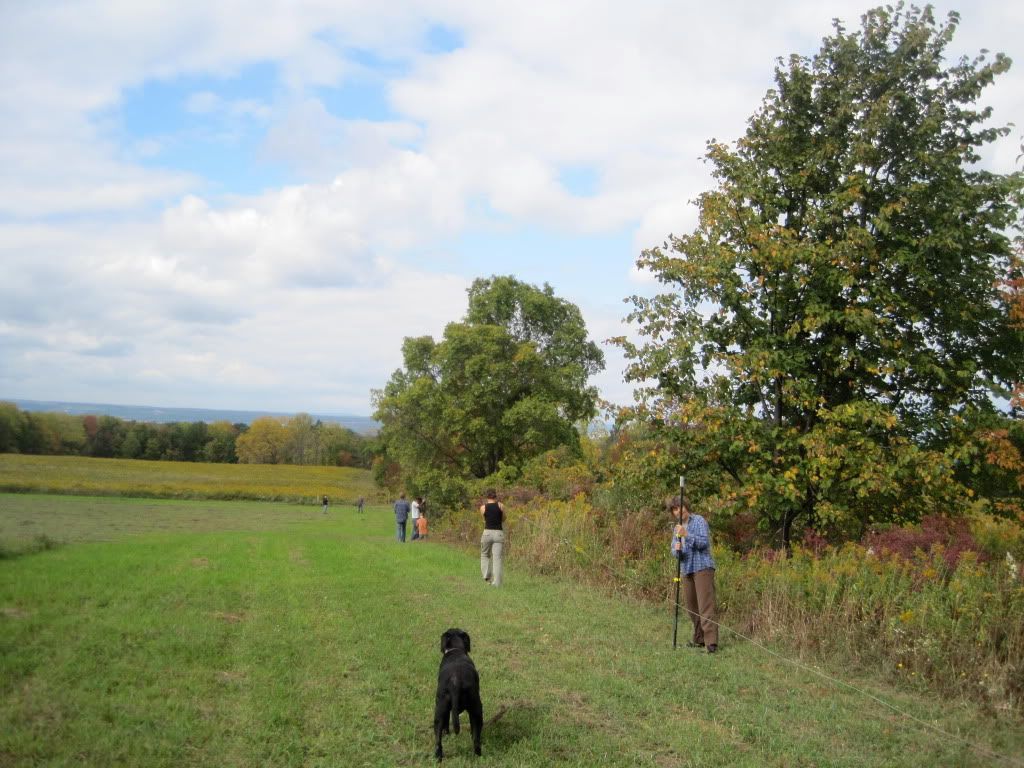Date: 12/10/2010
 I was honored to attend the 2010 “Black Farmers & Urban Gardeners Conference: Growing Health, Wealth, & Justice in Our Communities” in Brooklyn, NYC. The gathering of numerous Original People (Black, Latin@ and Indigenous) to discuss, educate and network around food security, farming rights, agricultural policy, the need for agricultural autonomy, and methods for achieving such a reality was inspirational and motivational. The conference began with Will Allen of Growing Power in Milwaukee discussing the possibilities of using technological development for the purposes of healthy food market sustainability and closed with a personal peek into the concerns, remedies and aspirations of downtown Brooklyn community agriculturist, historians and urban farming operations. Since the closure of the conference I have been contemplating how the experience could translate to our local space here in Tompkins County.
I was honored to attend the 2010 “Black Farmers & Urban Gardeners Conference: Growing Health, Wealth, & Justice in Our Communities” in Brooklyn, NYC. The gathering of numerous Original People (Black, Latin@ and Indigenous) to discuss, educate and network around food security, farming rights, agricultural policy, the need for agricultural autonomy, and methods for achieving such a reality was inspirational and motivational. The conference began with Will Allen of Growing Power in Milwaukee discussing the possibilities of using technological development for the purposes of healthy food market sustainability and closed with a personal peek into the concerns, remedies and aspirations of downtown Brooklyn community agriculturist, historians and urban farming operations. Since the closure of the conference I have been contemplating how the experience could translate to our local space here in Tompkins County.The focus of the conference being Black Farmers and Urban Gardeners, I thought to focus on how we can credibly create opportunities for Black people to farm and garden in Tompkins County’s urban and rural areas. It has been my own conjecture that urban farming is a plausible way to increase health in the urban communities, traditionally composed of Black and Latin@ Americans. The Black Farmers and Urban Gardeners Conference showed there are a plethora of individuals and organizations, locally and nationally, who agree.In reflecting on urban gardening and how to move forward on increasing Black farming in urban centers such as Brooklyn, I must remind people that however inspirational, a sixteenth or quarter of an acre on one city block in a housing project is not going to provide a sustainable way to feed the people in the area. This is especially the case when the (paid) organizers and directors of these operations rarely are empowered from within the communities being served. With limited financial backing, land and social investment there surely would not be enough yield to afford for the undercutting of mass-production farm products in the local food markets, nor for the sustainability of an independent “People’s” food market.
But the motivation, the markets, the distribution networks and the dedicated people already exist within urban centers. Therefore, adequate land space, "ownership," and autonomy of ecology* would secure a more independent and sustainable urban agriculture as a reality, and people could offer the access to year-round healthy foods that is required for individual behavioral change to beget cultural change in regards to healthy eating.
For this to happen there needs to be an initial exchange of land space, “ownership” and autonomy of ecology (voluntarily or involuntarily) from the private interest to the People whom inhabit the space. Secondly, there needs to be an increase in access, affordability and social comfort* offered, or taken, through land redistribution outside of the urban centers for people quarantined to the urban centers (traditionally Black and Latin@ Americans).





